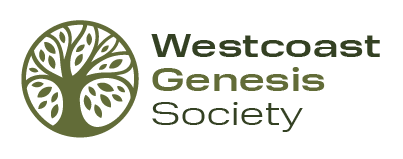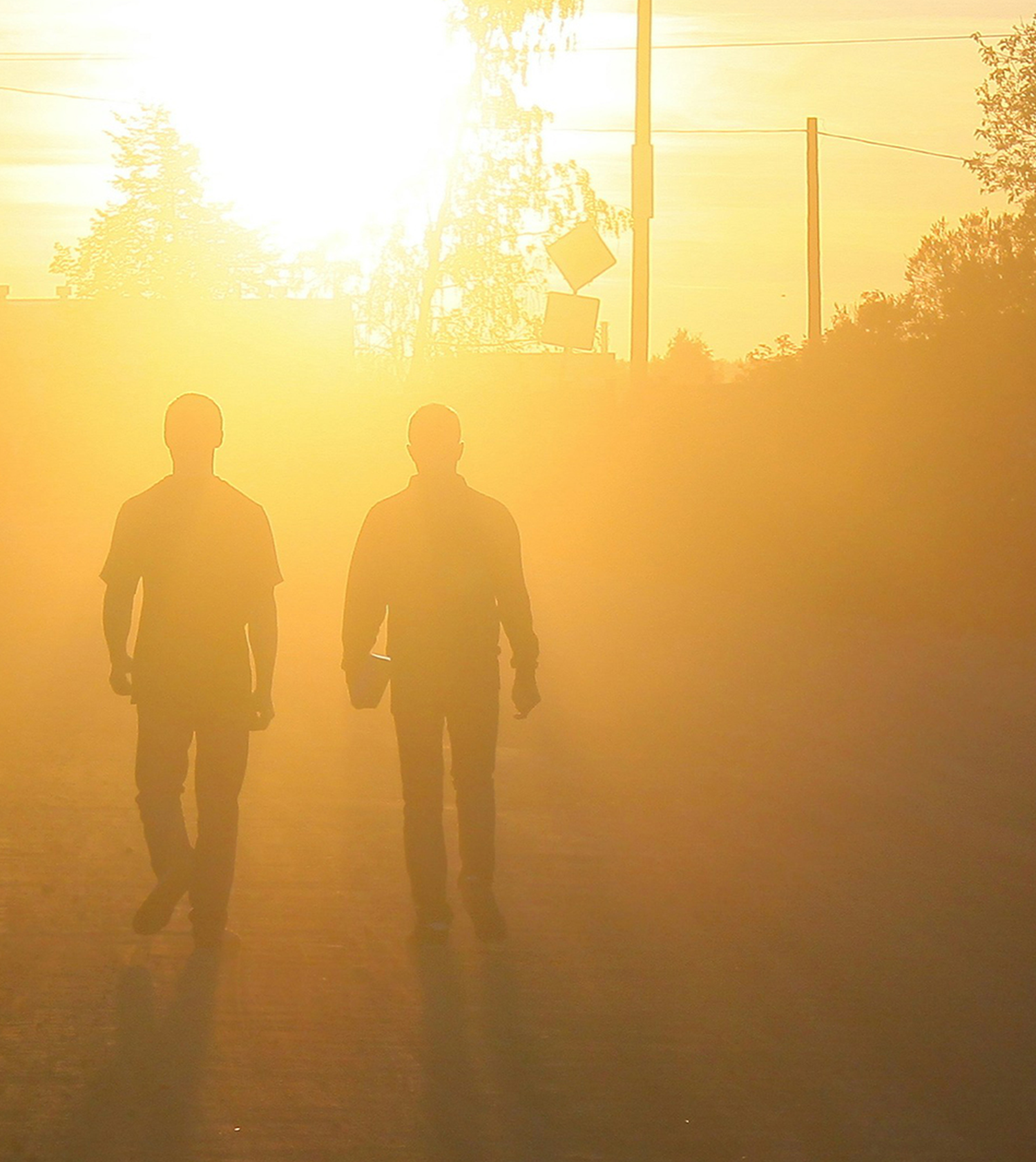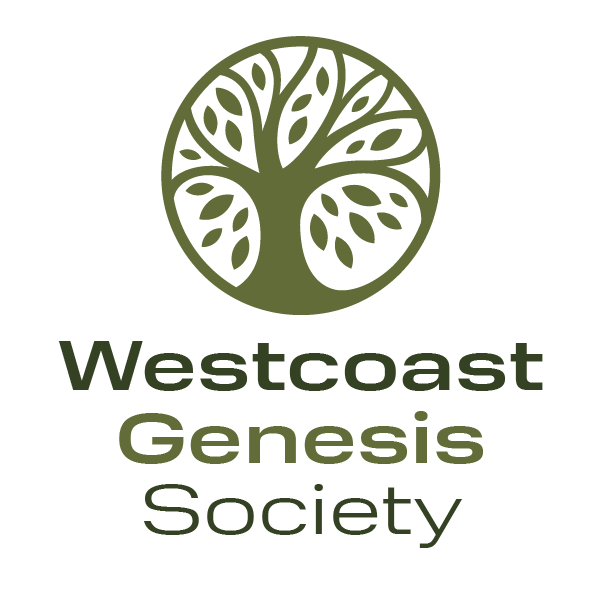Our program for men living with Fetal Alcohol Spectrum Disorder (FASD)
Our program for men living with Fetal Alcohol Spectrum Disorder (FASD)
Learn about our program below
Ou program for men living with Fetal Alcohol Spectrum Disorder (FASD)
Our program for men living with Fetal Alcohol Spectrum Disorder (FASD)
Learn about our program below
About FASD and our program
FASD is a disability that can occur when alcohol is consumed during pregnancy. It is a lifelong, brain-based, and often invisible disability. FASD can occur in families from any culture, ethnicity, or socio-economic background.
Our program provides:
Primary disabilities are caused directly by exposure to alcohol during pregnancy. They are organized under the following four categories: physical, cognitive, behavioural, and sensory. For most folks, FASD is hidden from others – we cannot see the physical changes to the brain or the changes in brain functioning. What is most problematic is that the invisibility of FASD creates a barrier to acceptance and understanding. As a result, people with FASD do not get the support they need.
Secondary challenges develop as a result of living in a world that often does not recognize that behaviour and limitations are linked to the primary disabilities of FASD. When FASD is not recognized, expectations cannot be met because of brain differences, with the result being continuous failure. This process contributes to secondary challenges that tend to stack up over and above the struggles associated with the primary disabilities. We see several types of secondary challenges such as mental health problems, disrupted school experiences, addictions, social isolation, struggles with employment, homelessness, as well as victimization and involvement in the justice system.
We need to adapt our way of thinking in order to understand the disability. Our FASD program recognizes the disability and is designed to nurture a sense of self-empowerment and independence, and a focus on each individual’s unique strengths rather than conventional expectations. We recognize that independence looks different for everyone, especially those living with FASD. Our approach prioritizes helping individuals develop personalized strategies to overcome sensory, cognitive, and social challenges, allowing them to confidently navigate daily life. By providing trauma-informed support and fostering self-awareness, we help participants build resilience, forge meaningful connections, and take control of their personal journey toward thriving in their community.
(adapted from https://www.saskfasdnetwork.ca/resources)
About FASD and our program
FASD is a disability that can occur when alcohol is consumed during pregnancy. It is a lifelong, brain-based, and often invisible disability. FASD can occur in families from any culture, ethnicity, or socio-economic background.
Our program provides:
Primary disabilities are caused directly by exposure to alcohol during pregnancy. They are organized under the following four categories: physical, cognitive, behavioural, and sensory. For most folks, FASD is hidden from others – we cannot see the physical changes to the brain or the changes in brain functioning. What is most problematic is that the invisibility of FASD creates a barrier to acceptance and understanding. As a result, people with FASD do not get the support they need.
Secondary challenges develop as a result of living in a world that often does not recognize that behaviour and limitations are linked to the primary disabilities of FASD. When FASD is not recognized, expectations cannot be met because of brain differences, with the result being continuous failure. This process contributes to secondary challenges that tend to stack up over and above the struggles associated with the primary disabilities. We see several types of secondary challenges such as mental health problems, disrupted school experiences, addictions, social isolation, struggles with employment, homelessness, as well as victimization and involvement in the justice system.
We need to adapt our way of thinking in order to understand the disability. Our FASD program recognizes the disability and is designed to nurture a sense of self-empowerment and independence, and a focus on each individual’s unique strengths rather than conventional expectations. We recognize that independence looks different for everyone, especially those living with FASD. Our approach prioritizes helping individuals develop personalized strategies to overcome sensory, cognitive, and social challenges, allowing them to confidently navigate daily life. By providing trauma-informed support and fostering self-awareness, we help participants build resilience, forge meaningful connections, and take control of their personal journey toward thriving in their community.
(adapted from https://www.saskfasdnetwork.ca/resources)
FASD resources
Click on the links below to access the resources.



